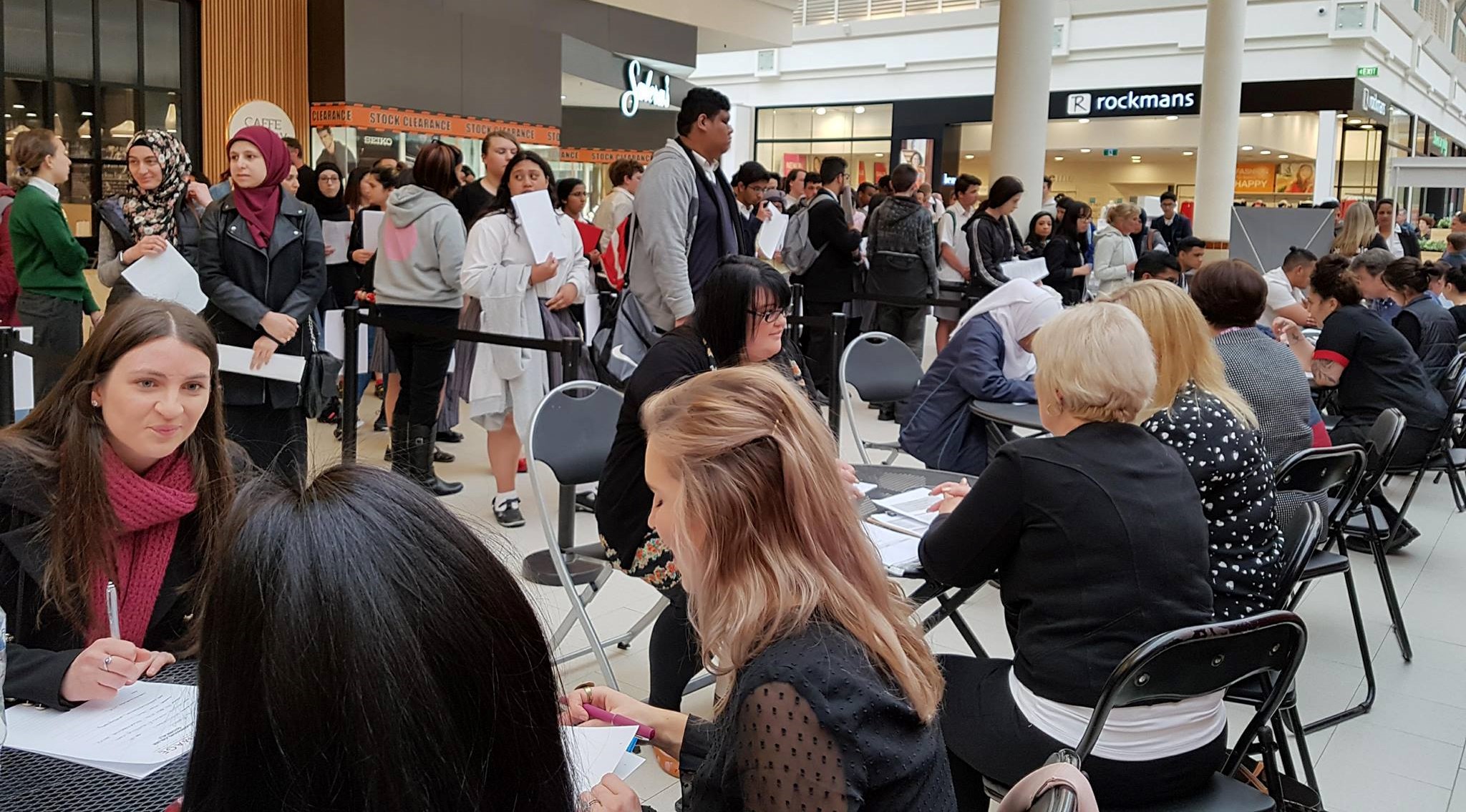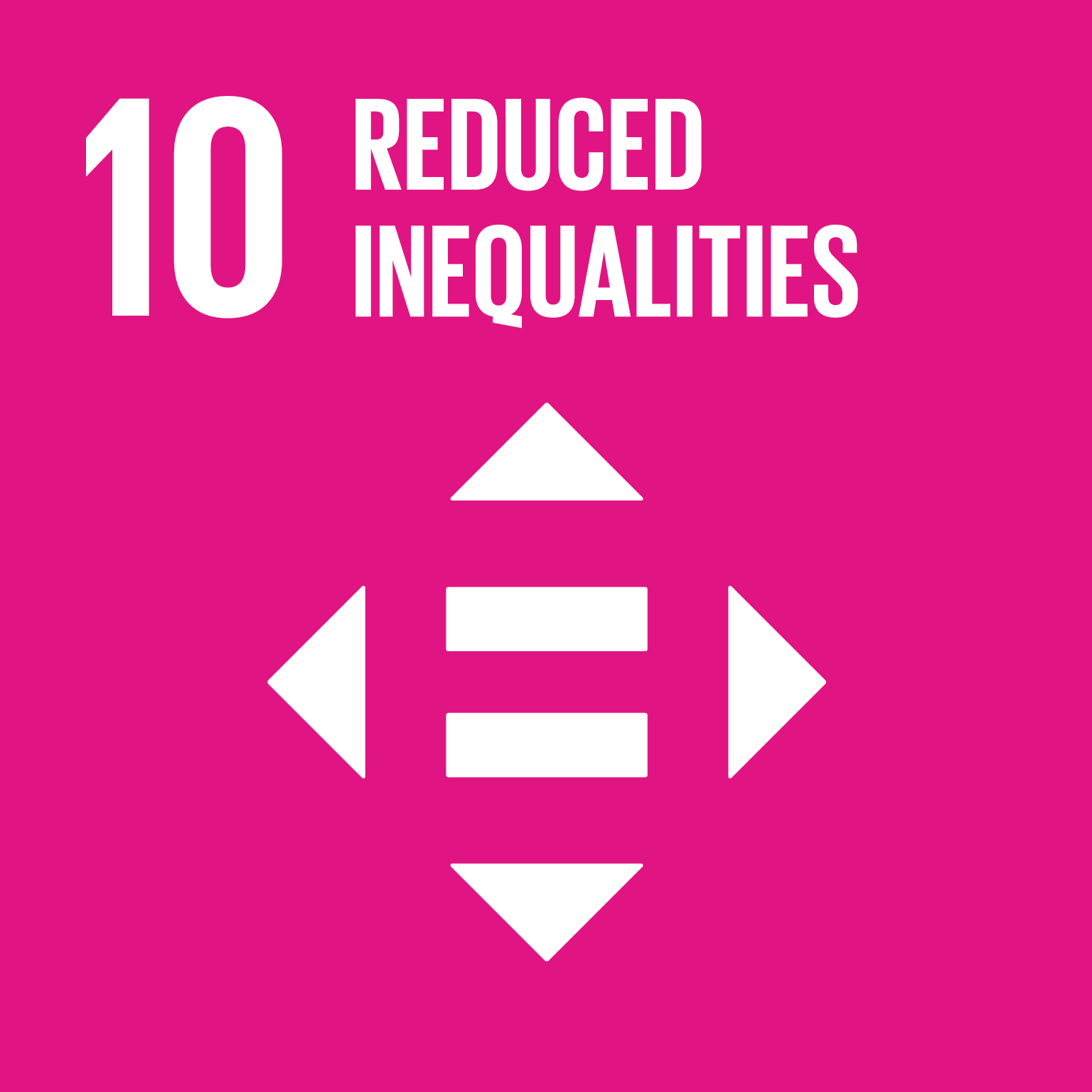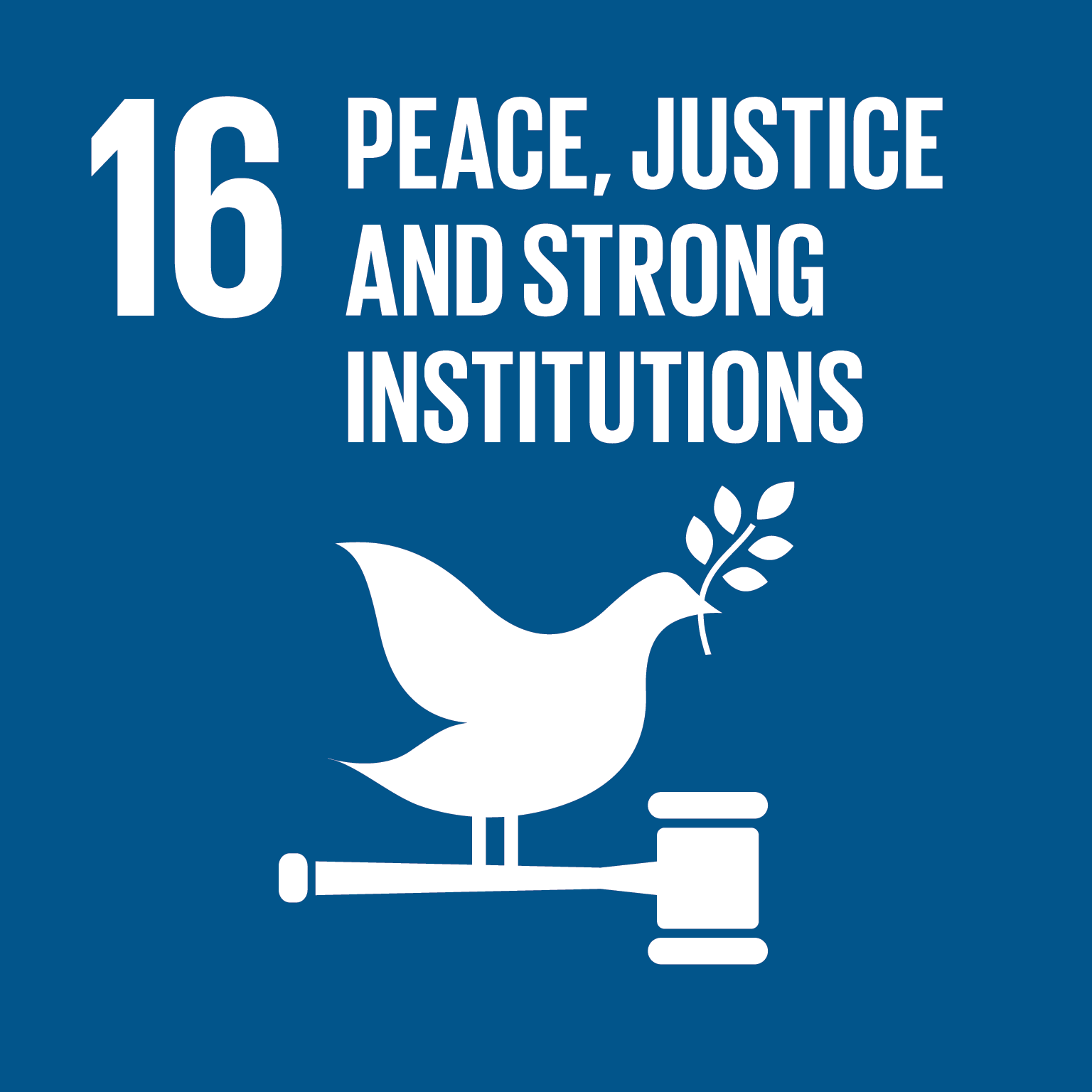The impact of ethnic diversity, socio-economic disadvantage and sense of belonging on Islamophobia and social cohesion locally and nationally: a mixed-method, longitudinal analysis.
This project explores the impact of socio-economic disadvantage and ethnic diversity on local and national community cohesion. The project will achieve 2 key outcomes:
- Provide nationally representative evidence based on a) the analyses of Census and the HILDA Survey data, separately and in combination and b) a national survey on acceptance of Muslims/Islamophobia.
- Provide empirical evidence about the ways in which ethno-religious diversity, disadvantage and acceptance of Muslims/Islamophobia impact on community cohesion in chosen localities through interviews with stakeholders and a survey of a representative sample of local populations.

Project timeline: 2018 - 2020
Key contributors:
- Val Colic-Peisker
- Karien Dekker
Image credit: Muslim job fair in Broadmeadows, photo courtesy of Islamic Council Victoria.
This project addresses the following Sustainable Development Goals and Targets:
10.2 By 2030, empower and promote the social, economic and political inclusion of all, irrespective of age, sex, disability, race, ethnicity, origin, religion or economic or other status
16.1 Significantly reduce all forms of violence and related death rates everywhere

Get in touch
For more information or to discuss partnership and collaboration opportunities, email us at SDGs@rmit.edu.au.
For more information about RMIT’s sustainability commitments and activities visit www.rmit.edu.au/sustainability




